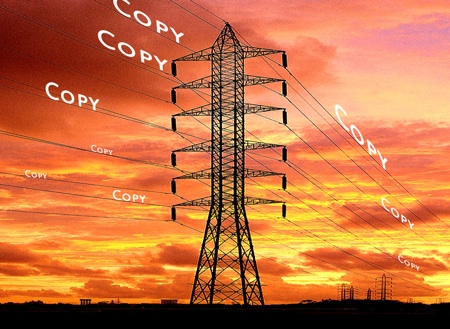
Kevin Kelly on the economy of free.
When copies are free, you need to sell things which can not be copied.
Well, what can't be copied?
There are a number of qualities that can't be copied. Consider "trust." Trust cannot be copied. You can't purchase it. Trust must be earned, over time. It cannot be downloaded. Or faked. Or counterfeited (at least for long). If everything else is equal, you'll always prefer to deal with someone you can trust. So trust is an intangible that has increasing value in a copy saturated world.
There are a number of other qualities similar to trust that are difficult to copy, and thus become valuable in this network economy. I think the best way to examine them is not from the eye of the producer, manufacturer, or creator, but from the eye of the user. We can start with a simple user question: why would we ever pay for anything that we could get for free? When anyone buys a version of something they could get for free, what are they purchasing?
From my study of the network economy I see roughly eight categories of intangible value that we buy when we pay for something that could be free.
In a real sense, these are eight things that are better than free. Eight uncopyable values. I call them "generatives." A generative value is a quality or attribute that must be generated, grown, cultivated, nurtured. A generative thing can not be copied, cloned, faked, replicated, counterfeited, or reproduced. It is generated uniquely, in place, over time. In the digital arena, generative qualities add value to free copies, and therefore are something that can be sold.
More




No comments:
Post a Comment